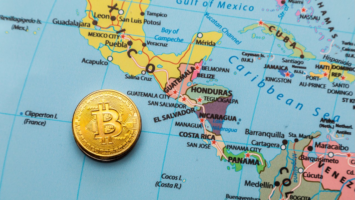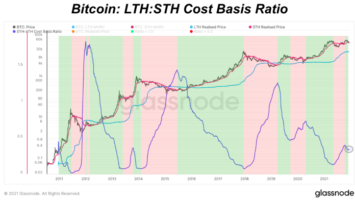Binance has been forced to remove and redesign a Twitter emoji following a public outcry that it resembled a Swastika, CNBC reported on April 21.
Binance created the emoji in-house under a Twitter policy that allows brands to create custom emojis to promote their business. In Binance’s case, the emoji depicted a block with the firm’s logo and four pixelated arms bent at right angles.
Users on Twitter quickly noticed the emoji, with one user saying the logo is a literal swastika emoji. Another use said the exchange’s use of the symbol on April 20 was questionable, seeing as the leader of the Nazi party Adolf Hitler was born on the same day.
However, the matter was contentious, with some users arguing that the emoji could have been a Buddhist manji, which had been in existence for centuries before the swastika. However, the manji’s arms are in an anti-clockwise order while the swastika’s arms follow a clockwise direction.
Acting quickly to avoid a backlash
Following the controversy, Binance took down the symbol and replaced it with one that resembles a coin.
The exchange also apologized via Twitter, saying,
“Well that was obviously really embarrassing. We’re not sure how that emoji got through several layers of review without anyone noticing, but we immediately flagged the issue, pulled it down, and the new emoji design is being rolled out as we speak.”
This news comes as Binance continues expanding rapidly. The exchange’s U.S. arm, Binance.US, raised $200 million in a seed funding round at a pre-money valuation of $4.5 billion.
At the time of writing, Binance.US was the ninth-largest crypto exchange, with a spot trading volume of $292 million.
Apart from the U.S., Binance is keen on increasing its presence in the Middle East. Over the past five months, the exchange received the green light to operate in the Middle Eastern jurisdictions. These are Dubai, the Kingdom of Bahrain, and Abu Dhabi.
While Binance is ramping up its expansion efforts, it faces resistance in several territories whose regulators previously voiced concerns over the exchange operating without a headquarters or offering services without official registration. As a result, the company had to shut down a wide range of services in countries like the U.K., Singapore, and Australia, to name a few.























Comments (No)